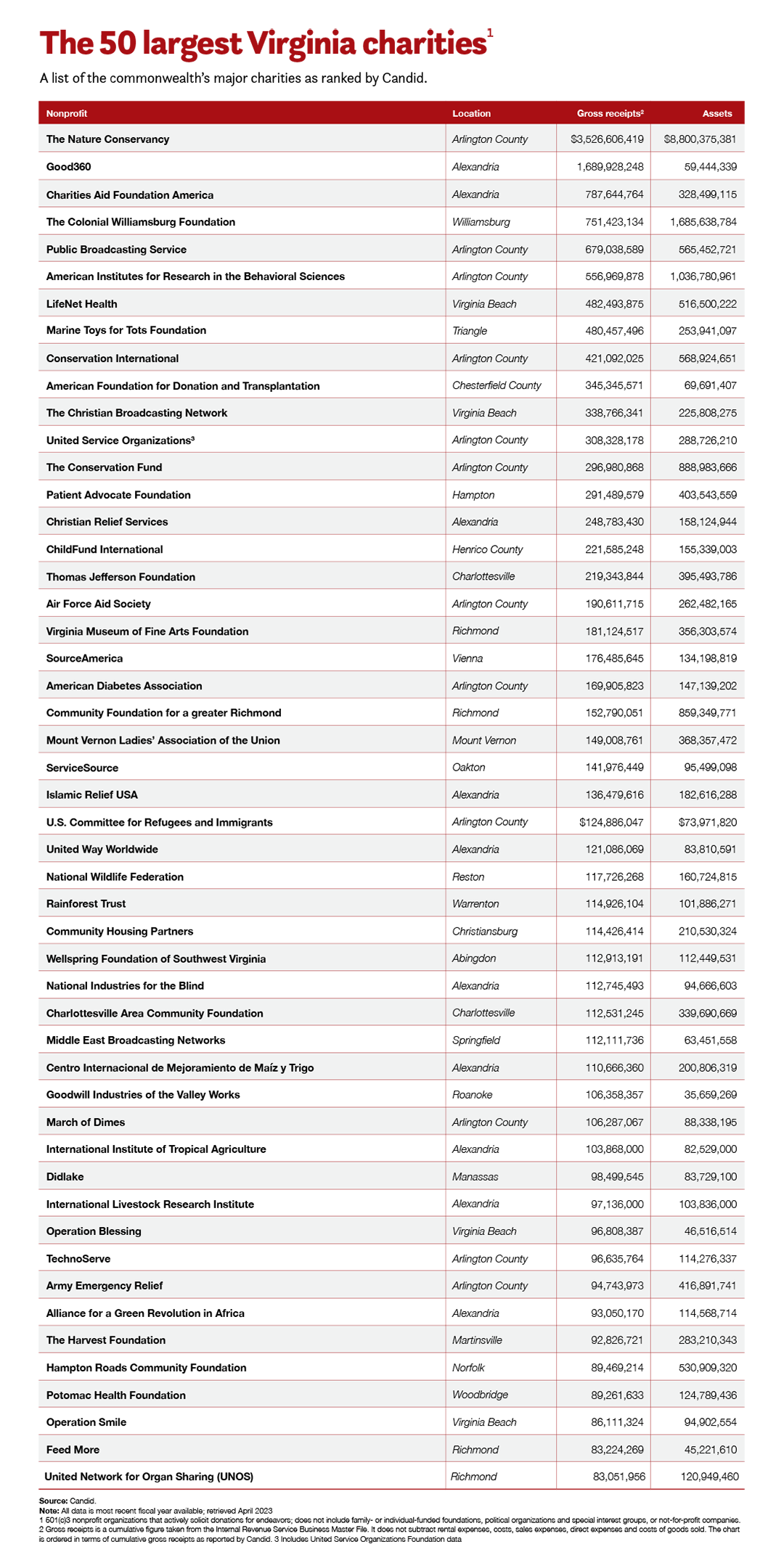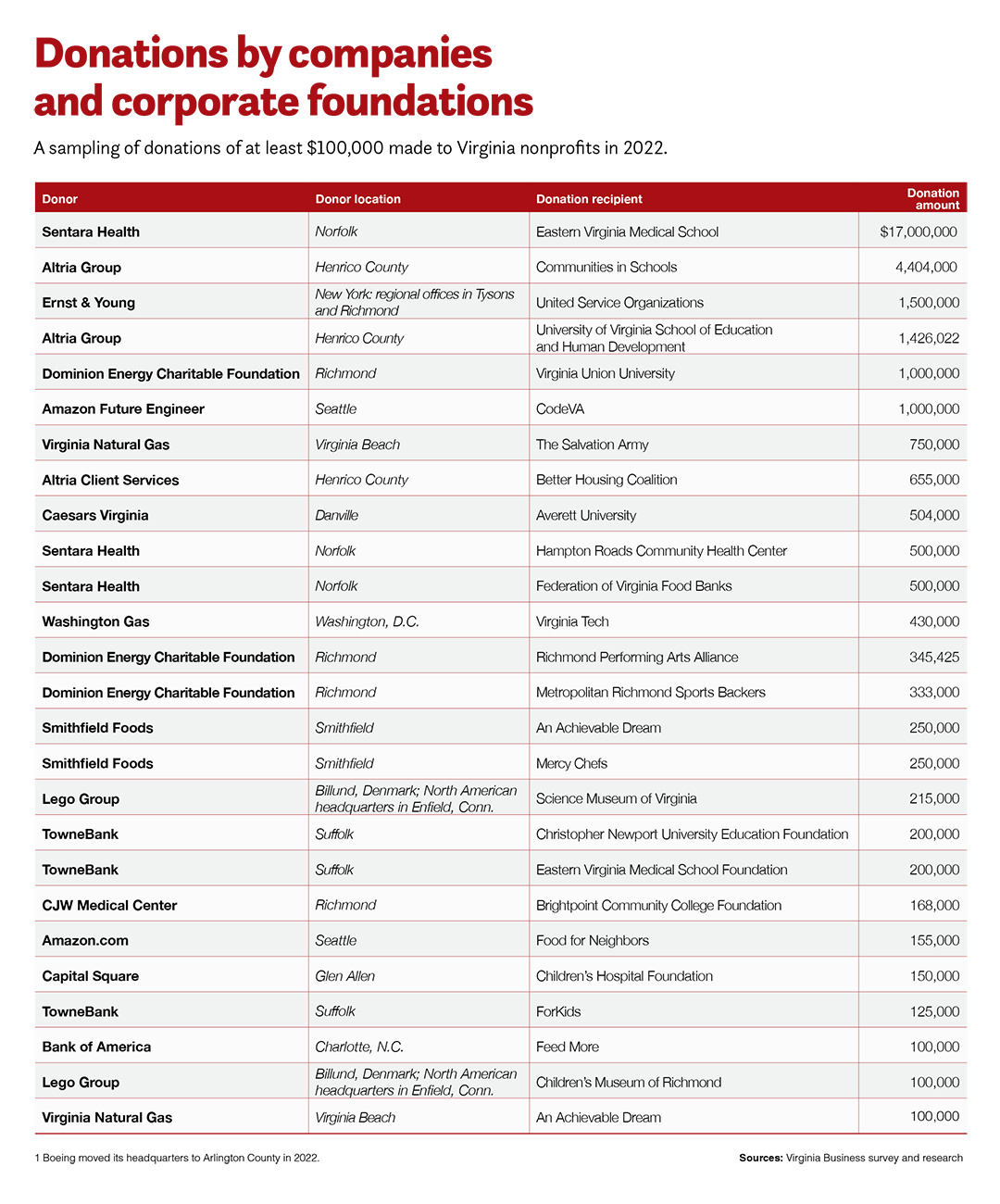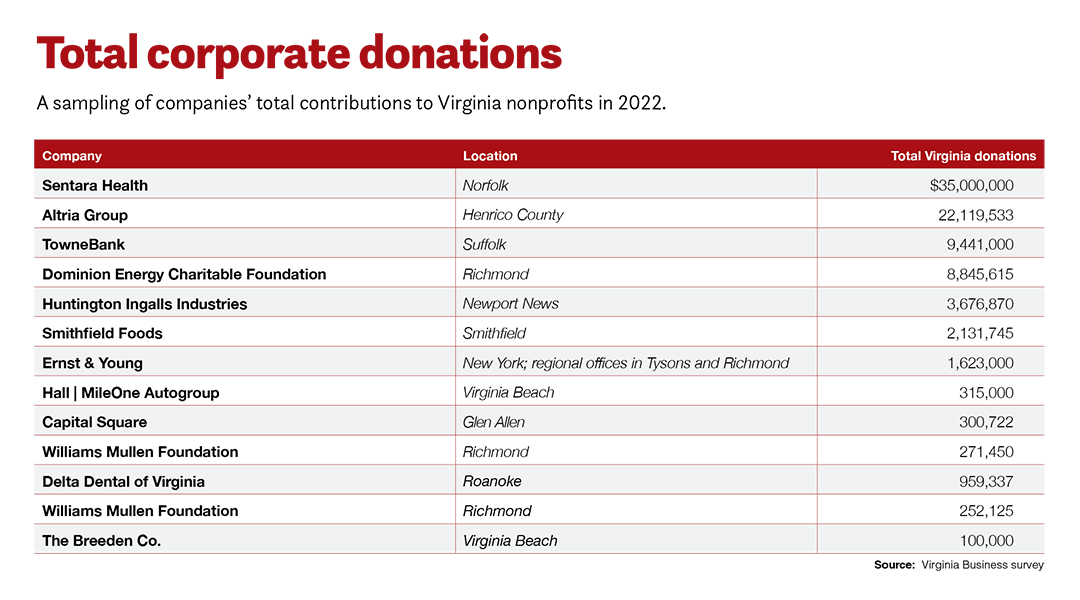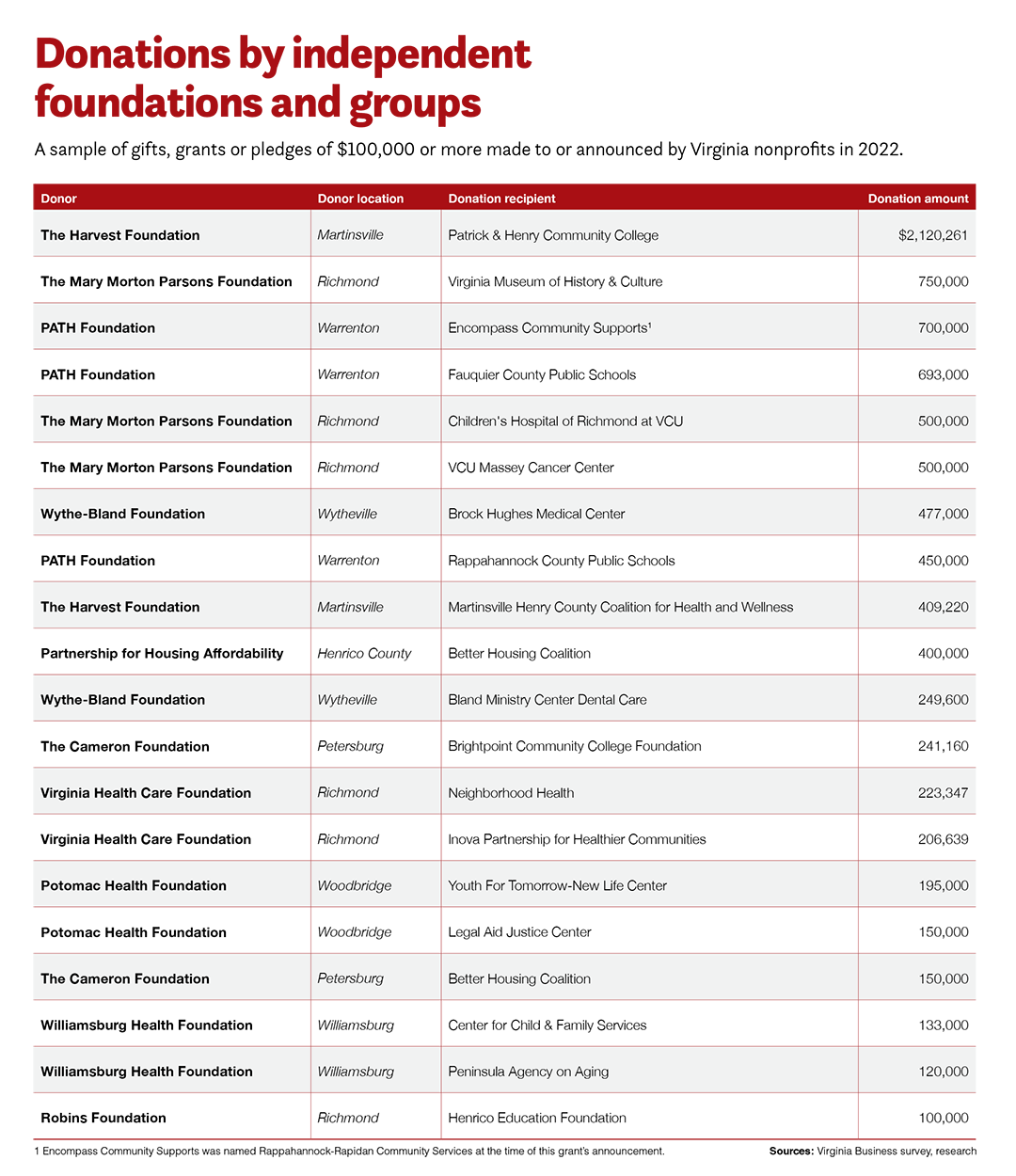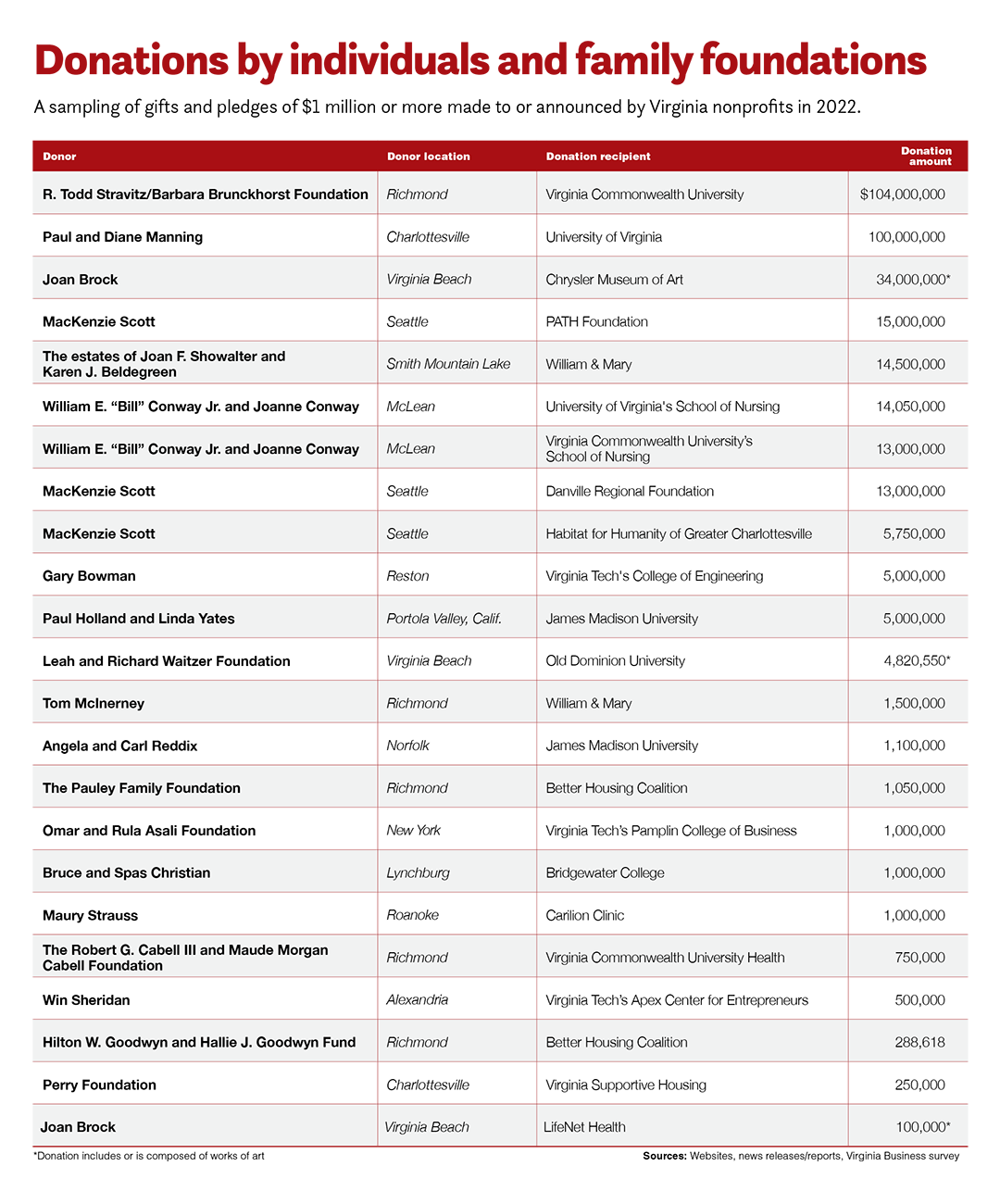Dominion Energy announced Thursday it has reached an agreement with investment firm Stonepeak to sell a 50% noncontrolling stake in the Coastal Virginia Offshore Wind commercial project off the Virginia Beach coast for nearly $3 billion.
If the sale is approved by the Virginia State Corporation Commission and the North Carolina Utilities Commission, as well as federal regulatory agencies, Richmond-based Dominion will retain full operational control of construction and operations of the $9.8 billion CVOW project, which has received final federal approvals and is expected to start construction in May. The deal is expected to close by the end of this year, according to Dominion’s news release.
“The Coastal Virginia Offshore Wind project continues to proceed on time and on budget and consistent with our previously communicated timing and cost expectations,” Bob Blue, Dominion’s chair, president and CEO, said in a statement Thursday. “A competitive partnership process attracted high-quality interest, resulting in a compelling partner for CVOW. Stonepeak is one of the world’s largest infrastructure investors, with more than $61 billion in assets under management and an extensive track record of investment in large and complex energy infrastructure projects, including offshore wind. Their significant financial participation will benefit both our project and our customers.”
Under the deal announced Thursday, Dominion Energy expects to receive $3 billion — representing 50% of the offshore wind farm’s construction costs through the anticipated closing of the deal by Dec. 31, minus $145 million, the initial withholding amount. If total construction costs remain at the current budget of $9.8 billion or less, excluding financing costs, Dominion will get back $100 million from the withholding amount.
However, if construction costs more than $11.3 billion, the Fortune 500 utility will receive no money back from the withheld $145 million. If the project costs reach $11.3 billion, Stonepeak and Dominion would each contribute 50% of additional capital costs needed to fund construction, but if the project costs between $11.3 billion and $13.7 billion, Stonepeak would not be required to contribute more capital to pay the additional costs, although it has the option to do so, the announcement says.
In terms of structure, Stonepeak would invest in a newly formed subsidiary of Dominion Energy Virginia, which would be a public utility based in Virginia. The transaction is expected to improve Dominion’s estimated 2024 consolidated FFO-to-debt by approximately 1% and reduce the utility’s overall financing needs during construction, according to the announcement Thursday.
McGuireWoods and Morgan Lewis served as Dominion’s legal advisers on the deal, while Citi and Goldman Sachs acted as co-financial advisers for the utility.
The 2.6-gigawatt CVOW, the largest offshore wind farm in the U.S., is expected to power 660,000 homes once it is fully constructed in late 2026. CVOW will consist of 176 turbines and three offshore substations in a nearly 113,000-acre lease area off the coast of Virginia Beach. Vinson & Elkins served as legal adviser to Stonepeak, while Mizuho Securities USA, through its affiliate Greenhill & Co., and Santander US Capital Markets served as co-financial advisers.
Keeping finances solid
In September 2023, during Dominion’s second-quarter earnings report, the utility said it intended to sell a noncontrolling interest in the CVOW to lower risk in the project and solidify the company’s balance sheet. In November 2023, Dominion officials said during its third-quarter earnings call that it was in advanced stages of the process to find a co-investor. The utility also announced in November it had filed an adjustment with the SCC that would lower the levelized cost of electricity estimate for CVOW from $80 to $90 per megawatt hour (MWh) to $77/MWh.
“Dominion’s framework may be somewhat more appealing for an investor to potentially become a part owner of the project,” said Mike Doyle, a senior equity analyst for utilities at Edward Jones, in an interview with Utility Dive last November. However, he added that the lowered price was surprising, given that costs are rising across the U.S. offshore wind industry, as some developers have had to cancel existing power-purchase agreements due to higher project costs.
Speaking with Virginia Business on Thursday, Doyle said he was a little surprised by the Stonepeak deal, “given the state of the offshore wind industry in the United States” and its higher costs, and the cost-sharing agreement between Dominion and the investment firm is unusual. “This [deal] has a little different structure. It probably is more intriguing to the investor.”
The fact that Dominion has remained on budget with the wind farm is significant, Doyle said. “They’re doing better than most.” He also said he doesn’t expect to see any big regulatory difficulties, especially if CVOW’s expenses stay on course. “Virginia is pretty motivated to get this done. Regulators want to see it happen.”
In Thursday’s fourth-quarter and full-year earnings report, Dominion reported $2 billion in net income for the calendar year 2023, up from $1.3 billion in 2022, and $14.39 billion in revenue for last year.
At start of trading Thursday, Dominion’s stock was at $45.62 a share, reaching a high of $46.96 before 10 a.m. and then fell to $44.88 before noon. As of 12:45 p.m., it was back up at $45.47 a share, a 1.78% decrease.
Stonepeak, which has 56 investments in 61 countries, specializes in infrastructure investments. In 2022, the firm raised about $14 billion, including $100 million from the Virginia Retirement System, to invest in assets such as telecommunications towers and warehouses. According to Stonepeak’s website, the firm invested in Dominion Midstream Partners, a limited partnership formed by Dominion to build its portfolio of natural gas assets, beginning in December 2016. In January 2019, Stonepeak realized its investment in Dominion, the site says.
Rob Kupchak, Stonepeak’s senior managing director, said in a statement, “Having previously partnered with Dominion Energy, we look forward to extending our relationship through CVOW, which is a fitting addition to our global renewables strategy given its potential to provide meaningful renewable capacity to the U.S., advanced stage of development, and downside-protected fundamentals. Dominion Energy’s impressive track record building and operating large-scale infrastructure projects paired with Stonepeak’s experience successfully constructing offshore wind assets gives us confidence in CVOW’s path forward, and we are excited to partner with Dominion in delivering this critical renewable energy generation resource to its customers.”
Different from other partnerships
This deal goes against the trend seen in owner partnerships of other offshore wind farms along the East Coast, said Timothy Fox, a managing director with Washington, D.C.-based research firm ClearView Energy Partners.
“I would call this partnership an outlier,” he said, “because we’re seeing the splitting of projects among companies rather than a partnership,” like BP and Norway-based Equinor’s division of two offshore wind projects off New York that they had previously been 50-50 partners in. Similarly, New England utility Eversource Energy sold its 50% stake in two offshore wind projects off the New York coast to Global Infrastructure Partners, exiting its partnership with Ørsted, earlier this month.
A likely reason that Dominion Energy is bucking this trend by gaining a partner is “because Virginia’s regulatory structure is unique among the states pursuing offshore wind,” Fox said.
“Virginia policy allows the incumbent utility to develop the project and get a cost-of-service return, basically guaranteeing they get a percent return on their investment,” he said. “And the ratepayers in Virginia pay Dominion for the project, and a return. That’s not the case for any other project along the East Coast,” projects which are being developed by independent project developers who have greater risk.
Along with Dominion’s business model as the developer and power offtaker from the CVOW project, its delivery timeline guarantees likely helped seal the deal, according to Atin Jain, a senior associate with BloombergNEF.
“In tough market conditions, certainty trumps everything else. Dominion’s assurance of ‘on-budget’ and ‘on-time’ delivery for the Coastal Virginia Offshore Wind project likely did the trick in getting the deal rolling,” Jain said in a statement.


